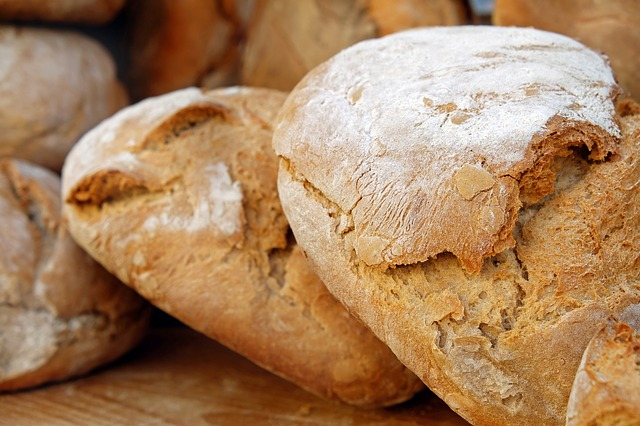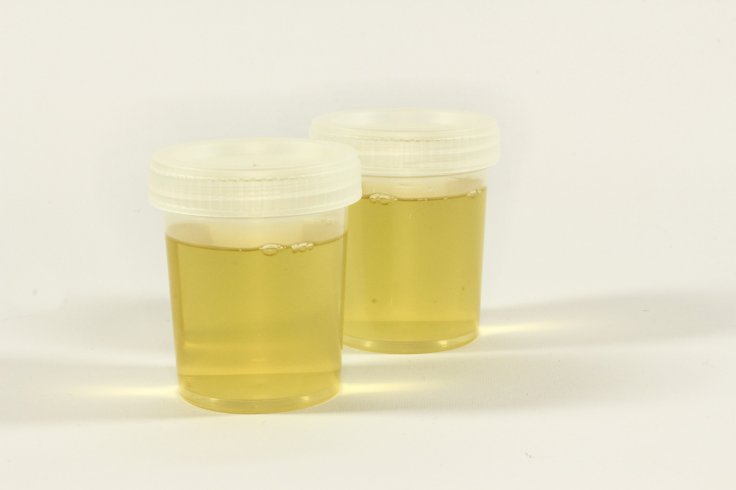A French woman has revealed that she bakes bread made from wheat fertilized with women's urine collected from public toilets. Louise Raguet, an engineer and self-proclaimed "ecofeminist," claims her bread, called "Boucle d'Or" or Goldilocks bread, aims to "break taboos over excrement" and create a sustainable food cycle that recycles waste.
"Urine is a great fertilizer," Raguet said in a conference on urban architecture. "It's a neglected liquid, usually dismissed as a waste product. But it is packed with nutrients and should be treated like a gold mine. It's ideal to replace chemical fertilizers and avoid the pollution they cause," she said.

She explained that urine is used to create fertilizer sprayed on crops and can help bring down costs and boost yields. She pointed out that while plants normally extract nitrogen, phosphorus, and potassium from the soil, human urine also contains these nutrients. It "should be treated like a gold mine," she said.
According to a study published by the French Urban Planning Agency, as many as 29 million loaves or urine-utlizing bread could be baked daily, saving farmers 703 tons of nitrogen employed in artificial fertilizers per day.
Urine Collected From Female Urinals

Raguet collects the urine from female urinals set up in the 14th arrondissement of Paris, near the Cour des Grands Voisins, in Montparnasse.
"People do not really know what is going on behind the toilet. Everything must disappear as if by magic, everything is hidden," Raguet said. "When you pee in water, treatment plants remove the nutrients. They do not return to the earth. The system is not circular."
In order to ensure the bread doesn't taste like urine, Raguet dilutes the bizarre ingredient 20 times before it is sprayed on the wheat crops used to bake the Goldilocks bread. Urine, unlike faeces, does not contain any bacteria and can be stored for as many as three months as it is sterile when expelled from the body.
The decision to use female urine as an ingredient to bake bread is part of what Raguet refers to as "ecofeminism," which advocates the use of eco-friendly products to empower women. She's also behind a female urinal nicknamed Marcelle that reduces the wait time at women's bathrooms at public events.








